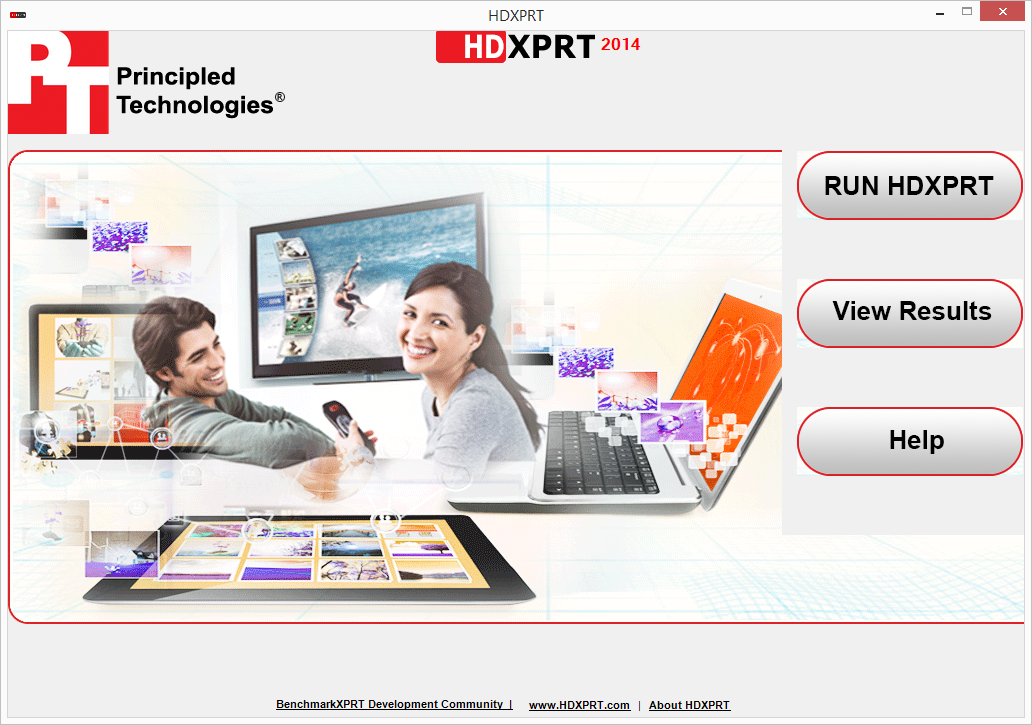Five years ago this month, we started what we then called the HDXPRT Development Community. The first benchmark, HDXPRT 2011, appeared six months later. A LOT has happened since then.
We’ve grown to six benchmarks (HDXPRT, TouchXPRT, WebXPRT, MobileXPRT, BatteryXPRT, and CrXPRT) with plenty of updates. As a result, we had to change the name to the BenchmarkXPRT Development Community, though we’ve come to refer to the benchmarks themselves as the XPRTs.
To tell the world about the XPRTs and the BenchmarkXPRT Development Community, we’ve written over 200 blog entries. We’ve created videos, a training course, infographics, and white papers. We’ve met members of the community at their companies, via webinars, and at trade shows. We’ve quite literally traveled around the world to shows in Las Vegas, Barcelona, Taipei, and Shenzhen.
As a result, the community has grown to about 150 individuals at over 60 companies and organizations. People have downloaded or run the benchmarks over 100,000 times in over 44 countries. The XPRTs have been cited over 3,800 times in a wide variety of websites around the world.
Yes, a lot has happened over these five years.
On behalf of the BenchmarkXPRT team, I want to convey my sincere thanks to all of you for your involvement over these years. I’m really looking forward to what the next five years will look like. We’re just getting started!













